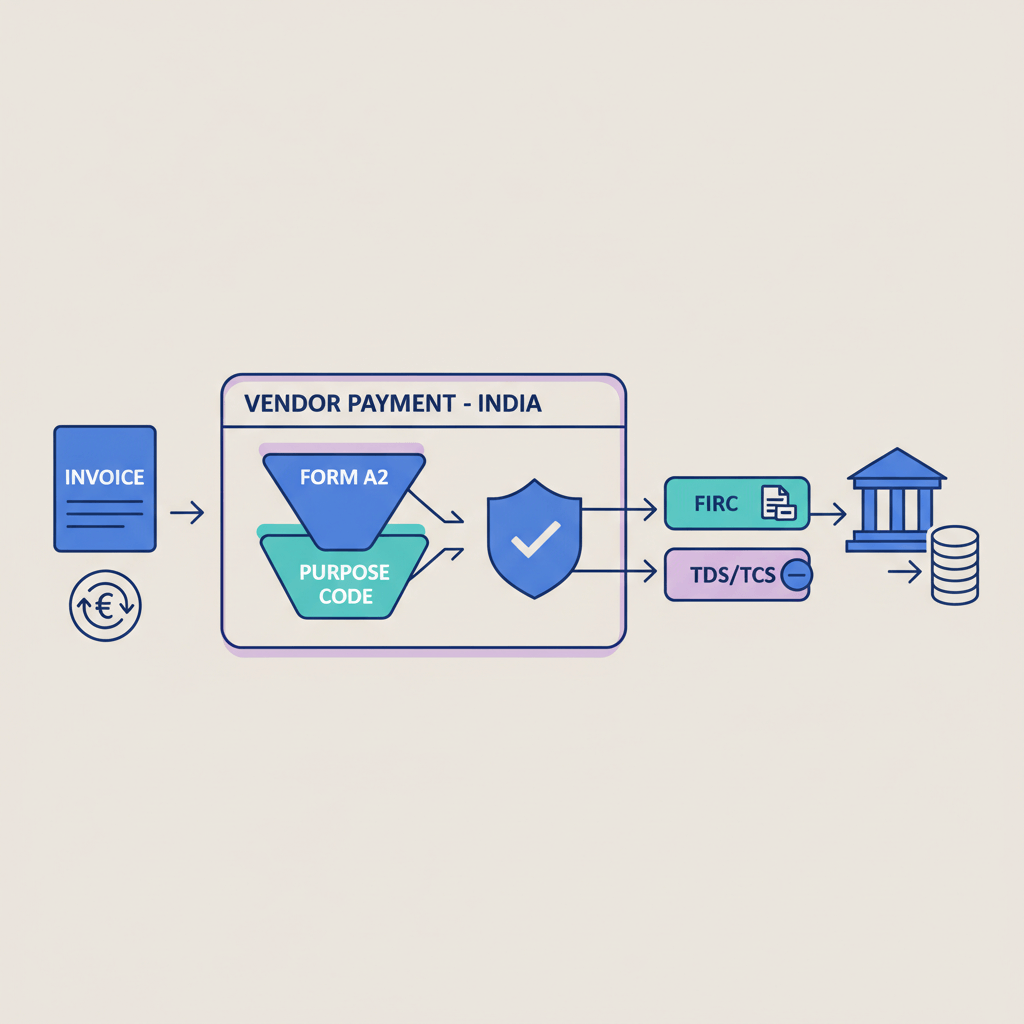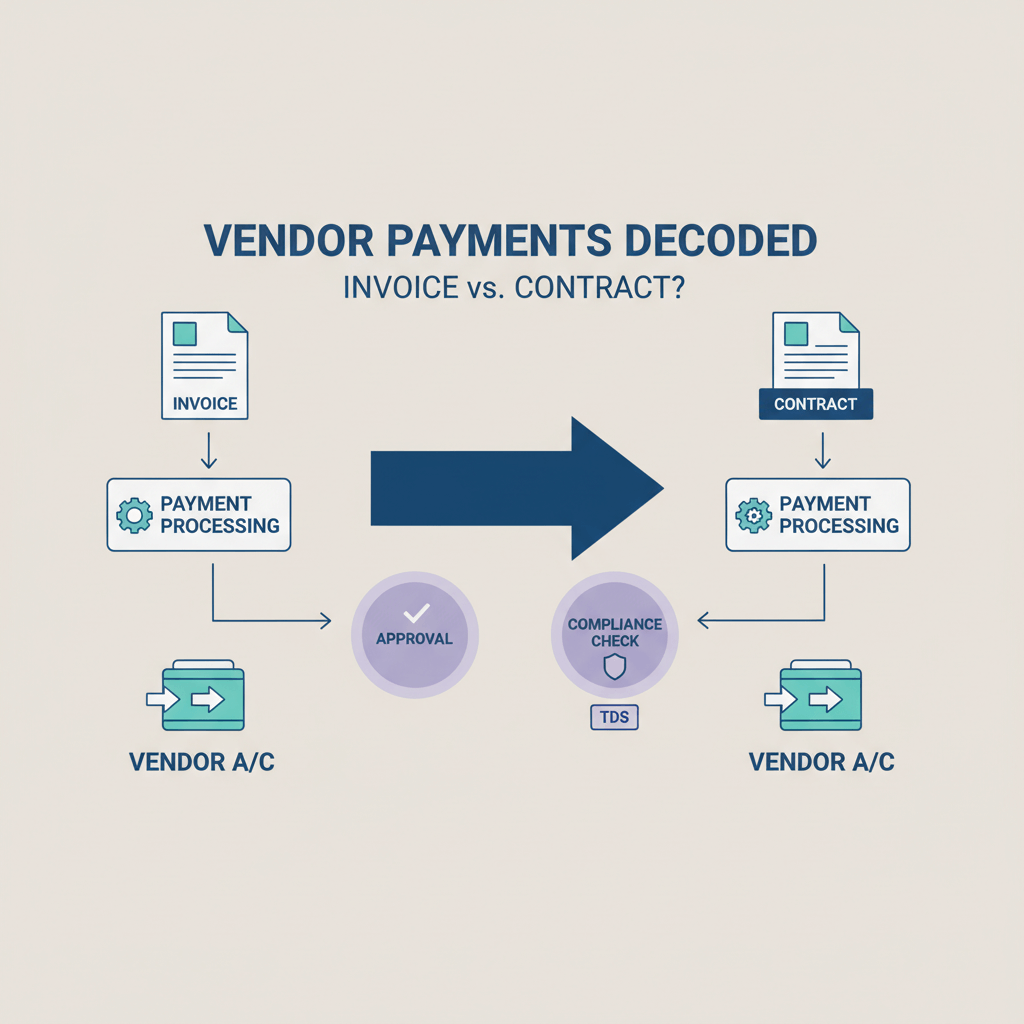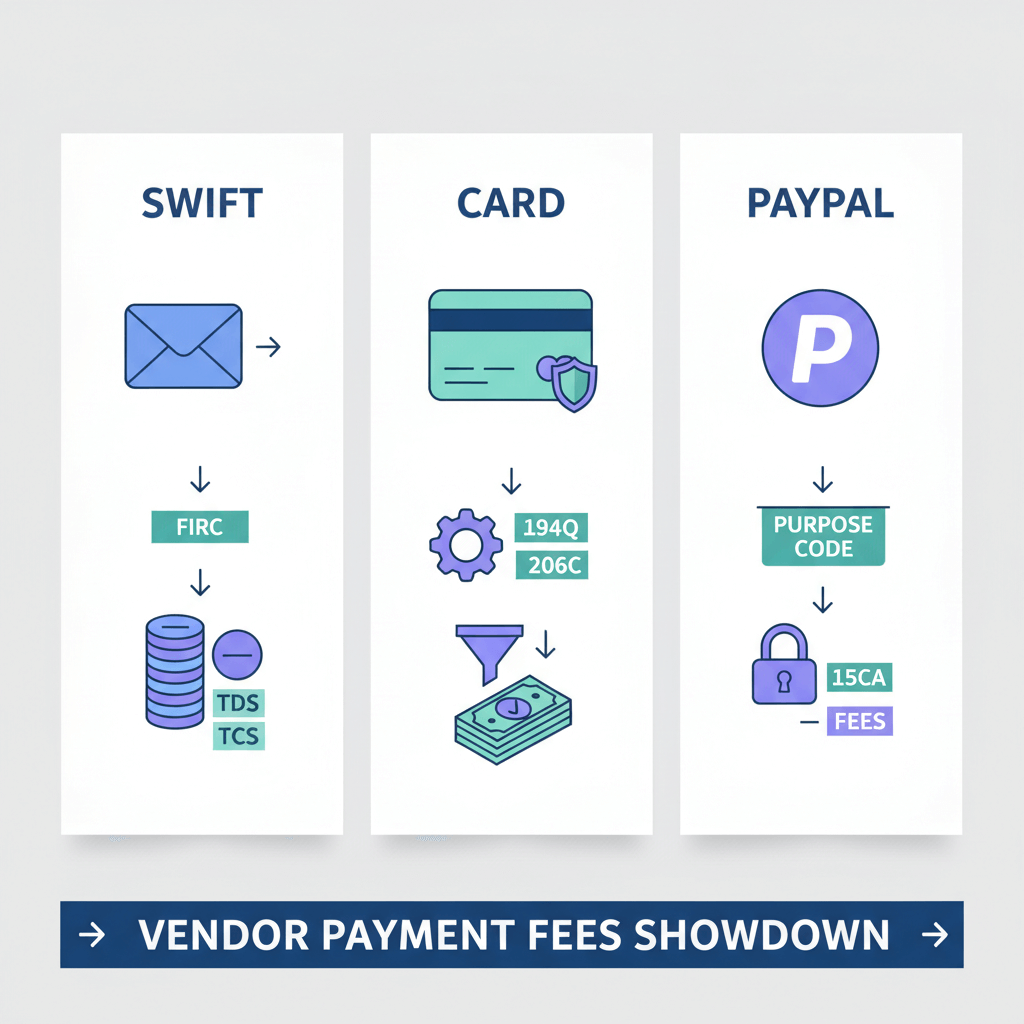The question of Fedwire vs ACH is relevant only for forex transfers related to the US.
When considering transferring funds between bank accounts, two frequently utilized methods are Fedwire and ACH. These systems possess unique characteristics and fulfill distinct purposes, presenting differences in speed, cost, and accessibility. In this analysis, we will examine the disparities between Fedwire and ACH, offering insights into their functionalities. This exploration aims to assist individuals and businesses in making well-informed decisions regarding the most suitable method for their financial transactions.
Read on...
How do Fedwire Transfers work?
Fedwire Transfers are the backbone of large-value electronic transactions in the United States, managed by the Federal Reserve Bank. Here's a breakdown of how they operate:
Initiation: Institutions, typically banks, kickstart a Fedwire Transfer by furnishing details like the recipient's bank information, transfer amount, and any necessary specifics to the Fedwire Funds Service.
Authentication: Before processing, the sender's bank verifies the legitimacy of the transfer request and the sender's identity to adhere to regulatory standards and thwart any potential fraudulent activity.
Submission to Fedwire: Once authenticated, the sender's bank forwards the transfer request to the secure network of the Federal Reserve's Fedwire Funds Service.
Routing and Processing: The Federal Reserve handles the transfer request, directing the funds to the recipient's bank, also known as the beneficiary bank, via the Fedwire Funds Service. This process unfolds in real time, ensuring swift access to the funds for the recipient.
Notification: Both the sender and the recipient receive notifications regarding the completion of the transfer. The sender's bank confirms the successful transaction, while the recipient's bank informs them of the funds' arrival in their account.
Settlement: Funds are immediately settled between the sender's and recipient's banks, allowing the recipient to access the transferred funds in real time.
What is an ACH transfer? How do ACH transfers work?
ACH (Automated Clearing House) transfers are electronic methods for transferring funds between bank accounts within the United States. Here's an overview of how they typically operate:
Initiation: A sender, which can be an individual or a business, initiates the ACH transfer by authorizing the transaction through various means such as online banking platforms, mobile apps, or written forms like checks.
Authorization: The sender's bank verifies the authorization and ensures sufficient funds are available to cover the transfer amount.
Batch Processing: ACH transfers are processed in batches at specific daily intervals. The sender's bank collects authorized transactions and sends them to the ACH network for processing.
Routing: The ACH network routes the transaction to the recipient's bank based on the provided account information.
Settlement: When the recipient's bank gets the money, they put it into the recipient's account. Usually, this happens in one to two business days, depending on when the transaction was made and the banks involved.
Major Differences: FED wire vs ACH
Fedwire vs ACH: Which is Safer?
When considering the safety of Fedwire versus ACH transfers, it's important to weigh their characteristics:
Fedwire Transfers:
- Fedwire transactions occur in real time, ensuring immediate fund settlement.
- Oversight by the Federal Reserve ensures stringent security measures within the Fedwire system.
- Each transaction is settled individually, minimizing the risk of fraud or unauthorized access.
- However, the instantaneous nature of Fedwire transfers means any errors or fraudulent activities can lead to immediate financial losses.
ACH Transfers:
- ACH transfers are processed in batches and typically take 1-2 business days to settle.
- The ACH network is overseen by the National Automated Clearing House Association (NACHA), which sets security standards for its operations. ACH transactions include security measures such as authentication protocols and encryption methods to safeguard sensitive data.
- While ACH transfers may have lower immediate susceptibility to fraud due to batch processing, the delayed settlement period offers time for identifying and preventing fraudulent transactions.
Fedwire vs ACH: Which is Cheaper?
- Fedwire Transfer:some textsome text
- Sending $10,000 via Fedwire may incur a fee of around $25 to $35 from the sender's bank.
- The recipient's bank may also charge a fee, typically ranging from $10 to $20.
- Overall, the total cost of sending $10,000 via Fedwire could be between $35 to $55.
- ACH Transfer:some textsome text
- Sending the same $10,000 via ACH may have significantly lower fees.
- Many banks offer ACH transfers for free or at a nominal cost, ranging from $0 to $10 per transaction.
- Assuming a fee of $5 for the sender's bank and no fee from the recipient's bank, the total cost of sending $10,000 via ACH would be $5.
Fedwire vs ACH: Which is Better?
When determining which forex transmission method is better suited for ACH transfers between Fedwire and ACH, several factors come into play:
- Transaction Speed: ACH transfers typically take 1-2 business days to settle, whereas Fedwire transfers occur in real time. If immediate settlement is required, Fedwire may be preferable.
- Cost: ACH transfers generally have lower fees compared to Fedwire transfers. If cost-effectiveness is a priority, ACH may be the better option.
- Transaction Size: Fedwire is commonly used for high-value transactions due to its ability to handle larger amounts, whereas ACH is typically used for lower-value transactions. If the transaction involves a large sum of money, Fedwire may be more suitable.
- Frequency of Use: ACH is widely used for recurring payments, payroll deposits, bill payments, and other routine transactions due to its batch-processing nature. Fedwire is often reserved for urgent and high-value transactions.
- Regulatory Compliance: Both Fedwire and ACH transfers adhere to regulatory standards, but Fedwire transactions may require more stringent compliance due to their real-time settlement.
FAQs: Fedwire vs ACH
1. Is Fedwire the same as SWIFT?
Fedwire and SWIFT serve distinct functions:
- Fedwire: Managed by the Federal Reserve in the US, it facilitates real-time settlement of high-value domestic transactions.
- SWIFT: An international messaging network utilized by banks for secure communication in global transactions, although it doesn't handle fund settlements.
2. Is Fedwire the same as wire transfer?
Fedwire and wire transfer both involve transferring funds between financial institutions, but they differ in their specific processes:
- Fedwire: Operated by the Federal Reserve in the US, Fedwire is a real-time gross settlement system designed for high-value domestic transactions, ensuring immediate and final settlement.
- Wire Transfer: Wire transfer is a general term encompassing various electronic methods for transferring funds between banks or financial institutions. While Fedwire is a specific type of wire transfer used within the US, wire transfers can include other methods such as SWIFT for international transactions.
3. What is the difference between ACH and wire and SWIFT?
ACH (Automated Clearing House):
- Domestic system in the US for low-value transactions.
- Takes 1-2 business days for settlement.
Wire Transfer:
- Electronic transfers between financial institutions, domestic or international.
- Global messaging network for secure communication between financial institutions.
- Facilitates international transactions but doesn't handle fund transfers directly.
4. Is Fedwire only for USD?
No. Fedwire is not restricted solely to USD transactions. Although it is predominantly utilized for USD transfers within the United States, Fedwire does extend support to certain other currencies, albeit with limitations. However, the availability of currencies may vary based on the participating banks and their specific arrangements with the Federal Reserve.
5. Do banks use Fedwire?
Fedwire does not apply to the Indian banking system. Mainly banks in the US use Fedwire. However, neobanks like Karbon can also use Fedwire to send and receive money from the USA. As a financial framework, Fedwire facilitates real-time, large-value transfers, enabling banks to conduct various activities such as interbank transfers, securities transactions, international payment settlements, and other essential financial operations.











